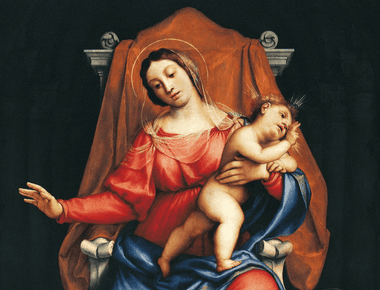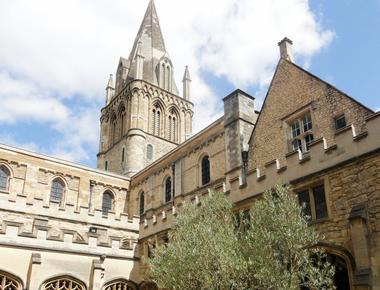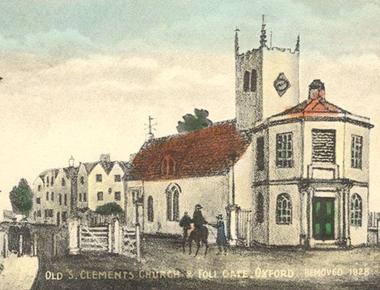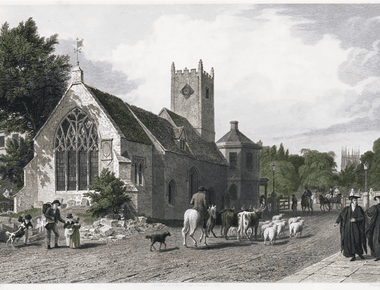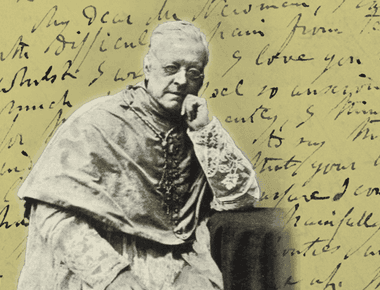
William Bernard Ullathorne (1806–1889) was a wise and humble man known for his devotion to the priests and nuns under his charge. Although he had a strong preference for monastic life, Ullathorne willingly served the church whenever he was called.
William Bernard Ullathorne (1806–1889) was a wise and humble man known for his devotion to the priests and nuns under his charge. Although he had a strong preference for monastic life, Ullathorne willingly served the church whenever he was called.
Newman, as an Anglican, had a high Mariology (for an Anglican, a surprisingly high Mariology), yet he also combined his reverence for Mary with some kind of caution or warning that such notions could lead to doctrines and practices that were not sanctioned by the Church of England. In reality, that caution (or warning) was both a message by Newman to his congregation and a message to himself—to a conscience that was beginning to doubt the veracity of his own ideas.
As the calendar year draws to a close, many face the onerous preparations and obligations that mark the holiday season, and the hustle and bustle and frenzy of the shopping season is palpable—not to mention year-end reports or grading for some. Cards, lists, stores, travel. In the northern hemisphere, and places like Pittsburgh, the sun takes its leave far too early each day, and the bitter winds test the worth of our textiles.
Two hundred years ago, on 13 June 1824, the young Fellow of Oriel College, Oxford, who today the Church celebrates as a saint, made his way down the High and St. Aldate’s with his surplice and his MA hood, to be made a deacon of the Church of England in Christ Church Cathedral, the former medieval nunnery and shrine to St. Frideswide until Thomas Wolsey chose it to become Cardinal College in 1525.
Two hundred years ago, on Wednesday 23 June 1824, John Henry Newman preached his first sermon. It was delivered in the evening at Holy Trinity Church, Over Worton, a village seventeen miles north of Oxford, in the parish of Rev. Walter Mayers, who had been Newman’s principal mentor since the religious conversion he underwent in 1816. Four days later, on Sunday 27 June, Newman took up duties as curate in the parish of St. Clement’s, Oxford and preached his second sermon at a morning service presided over by the elderly rector, John Gutch. During his nineteen months as curate at St. Clement’s, Newman prepared and preached 150 different sermons, a most unusual feat for a newly ordained clergyman.
Two hundred years ago, on Sunday 13 June 1824, John Henry Newman was ordained a deacon of the Church of England in Christ Church Cathedral, Oxford. In preparation for this momentous day, he had been fasting for three months. Two days before taking holy orders, he wrote in his private journal (which acted as a prayer diary), “As the time approaches for my ordination, thank God, I feel more and more happy. Make me Thy instrument … make use of me, when Thou wilt, and dash me to pieces when Thou wilt. Let me […] be Thine.”
QUICK LINKS
